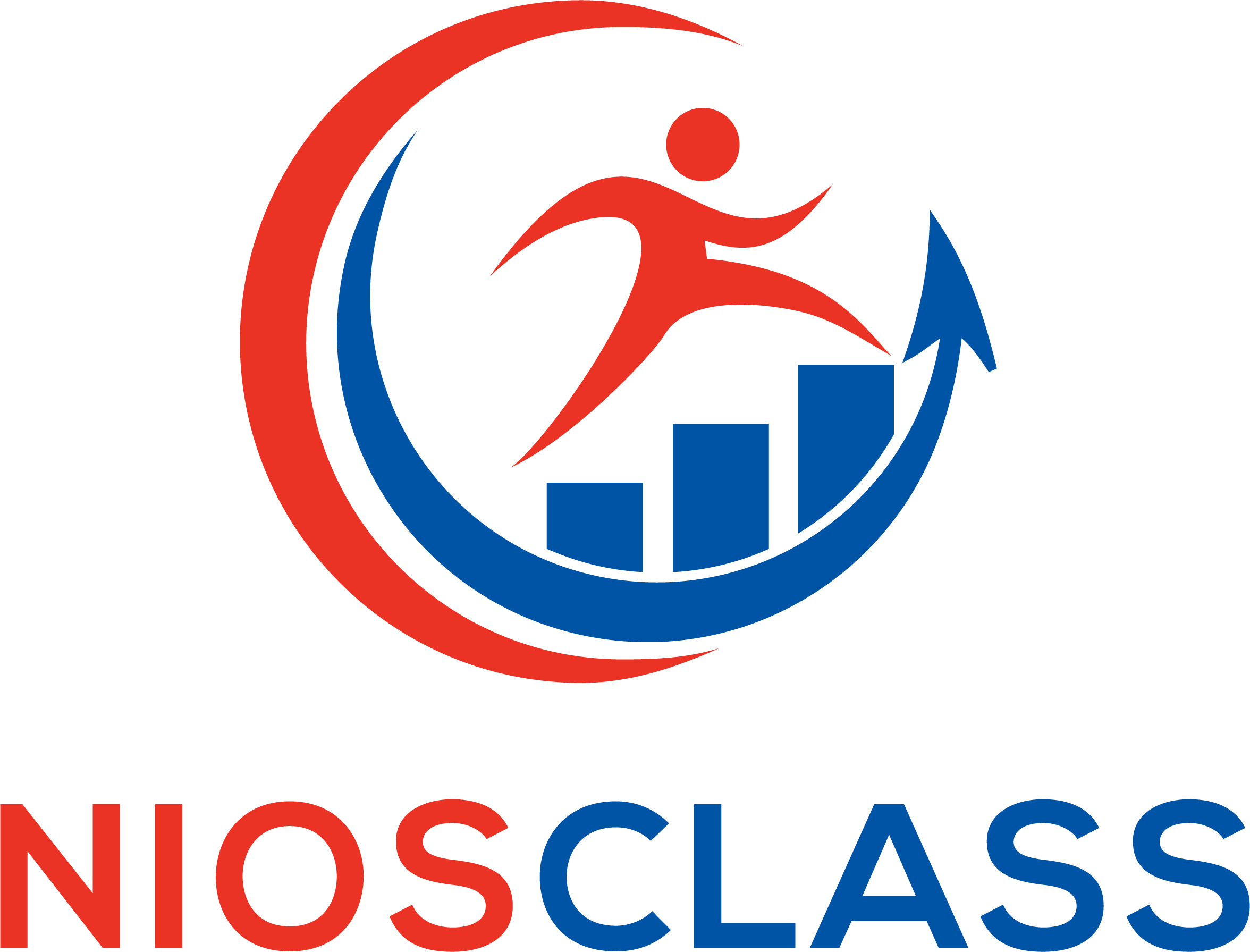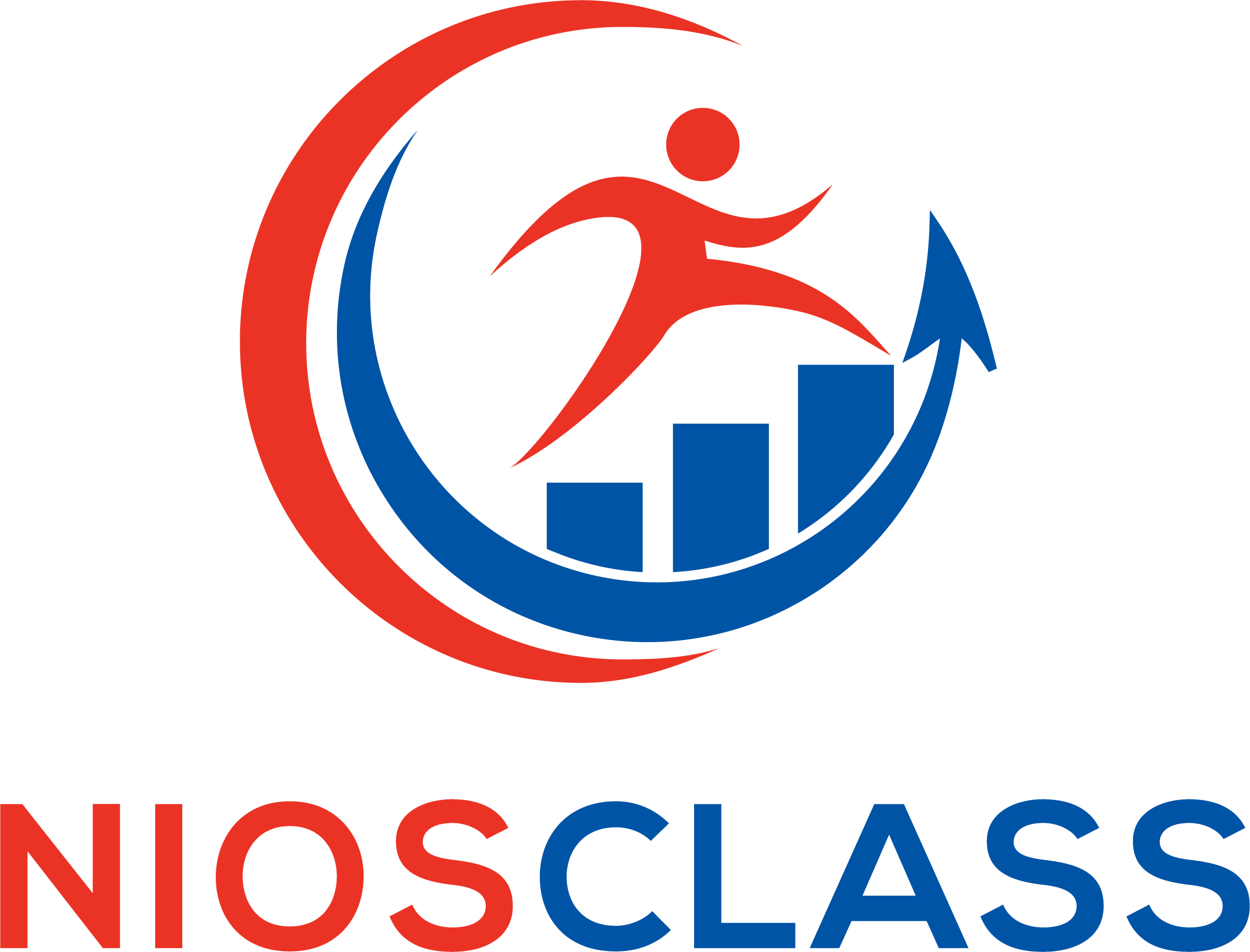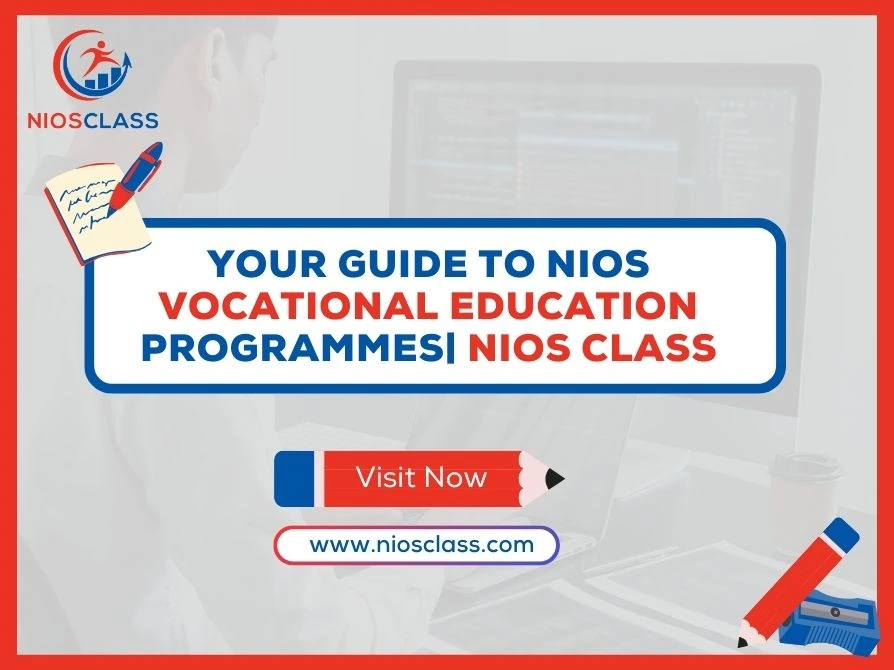
NIOS 10th & 12th Subject List 2025 – Explore Subjects & Codes for NIOS Exams
November 8, 2024
NIOS TMA Submission Dates: Deadlines, Tips, & Key Insights
November 12, 2024Is it Possible to Add an Additional Subject in NIOS After Receiving the Hall Ticket?
National Institute of Open Schooling (NIOS) offers flexibility for students to complete their studies on a self-paced schedule, including the ability to choose their own subjects. However, if you’ve already registered and received a hall ticket, can you still add a subject? This article will answer that question and provide detailed steps on subject addition, eligibility requirements, and key insights.
Understanding NIOS
The National Institute of Open Schooling is a unique educational institution that allows students across India to complete their schooling outside traditional school settings. It is ideal for students who require flexible study options, including working individuals, students in remote areas, or those preparing for competitive exams.
What is a Hall Ticket in NIOS?
A hall ticket is an essential document that NIOS issues to students enrolled in exams. This document serves as an entry pass to examination halls and lists the subjects a student has registered for, along with their exam schedule. Once issued, a hall ticket is typically considered a final document, indicating that exam arrangements are in place for those specific subjects.
Can You Add an Additional Subject in NIOS After Receiving the Hall Ticket?
Generally, once a hall ticket is issued, it signals the final confirmation of a student’s subjects for that term or year. However, there are exceptional circumstances under which students might be able to add a subject even after the hall ticket is issued. These situations typically require a special request, adherence to NIOS rules, and formal approval. It’s important to understand that this is not guaranteed and is subject to NIOS’s discretion.
NIOS Rules and Regulations Regarding Subject Addition
NIOS has set rules that aim to streamline subject selection and modifications:
- Subject Selection Period: Typically, students choose subjects at the time of admission and registration.
- Hall Ticket as Final Confirmation: Once issued, the hall ticket usually finalizes the subjects.
- Exceptional Cases: In rare cases, NIOS may permit additional subjects if there is a strong academic or career-based reason.
Why Might You Want to Add an Extra Subject?
Adding an additional subject may appeal to students for several reasons:
- For Career Advancement: An extra subject may fulfil specific qualifications for particular career paths.
- For Higher Studies: Additional subjects in core areas like Mathematics or Science could meet eligibility criteria for higher studies.
- For Personal Interest: Some students may want to expand their knowledge in a subject of personal or professional interest.
Eligibility Criteria for Adding an Additional Subject in NIOS
To add an extra subject, you must generally meet NIOS’s eligibility criteria:
- Completion of Prior Subject Credits: Students should have a minimum number of credits.
- Application for Special Consideration: Additional subjects may be added through a formal application to NIOS.
- Approval by NIOS Authorities: NIOS authorities will evaluate the reason for subject addition before approval.
The Process of Adding an Additional Subject
Adding a subject can be a step-by-step process that typically involves:
- Application Submission: You must submit a written request explaining why the additional subject is essential.
- Timing Considerations: This request should ideally be made before the hall ticket issuance to avoid complications.
- Fee Payment: Adding a subject may require a fee; it varies depending on the subject and NIOS rules.
- Document Submission: Certain documents like ID proof and previous academic records may be required.
Limitations and Conditions
NIOS imposes some limitations on adding new subjects after the hall ticket is released. Conditions include:
- Strict Timing Constraints: Late additions can disrupt the examination schedule and cause logistical issues.
- Limited Availability: Adding subjects that require practical exams or extensive preparation may not be allowed.
- Approval Not Guaranteed: NIOS has the authority to deny subject additions if they don’t align with exam timelines or academic requirements.
How to Contact NIOS for Subject Changes
If you need to add a subject or make any changes:
- Use the Official Website: You can check subject addition policies on the NIOS website or use the portal.
- Call NIOS Support: NIOS provides contact numbers for queries.
- Submit a Query Through Email: Sending an email to the NIOS helpdesk can be an effective way to communicate.
Common Issues Faced During Subject Addition
Common challenges students face when adding subjects include:
- Delayed Processing: Approval of new subjects may take longer than expected.
- Extra Fee Burdens: There are often additional charges for subject changes.
- Communication Delays: NIOS processing times may vary, leading to stress close to exam dates.
Advantages and Disadvantages of Adding Extra Subjects
Advantages
- Expanded Knowledge: Adding an extra subject gives students broader expertise.
- Increased Career Options: It may help meet qualifications for specialized fields.
Disadvantages
- Additional Workload: Managing extra subjects can lead to stress if not properly planned.
- Financial Cost: Extra subjects require additional fees and resource investment.
While it is possible to add an additional subject in NIOS, especially if there is a legitimate need, it is not always straightforward after the issuance of the hall ticket. Students should weigh the pros and cons, understand NIOS’s policies, and prepare for additional steps and fees if pursuing this route. Remember that NIOS holds the final decision on all subject changes, so it’s essential to stay informed and proactive.





